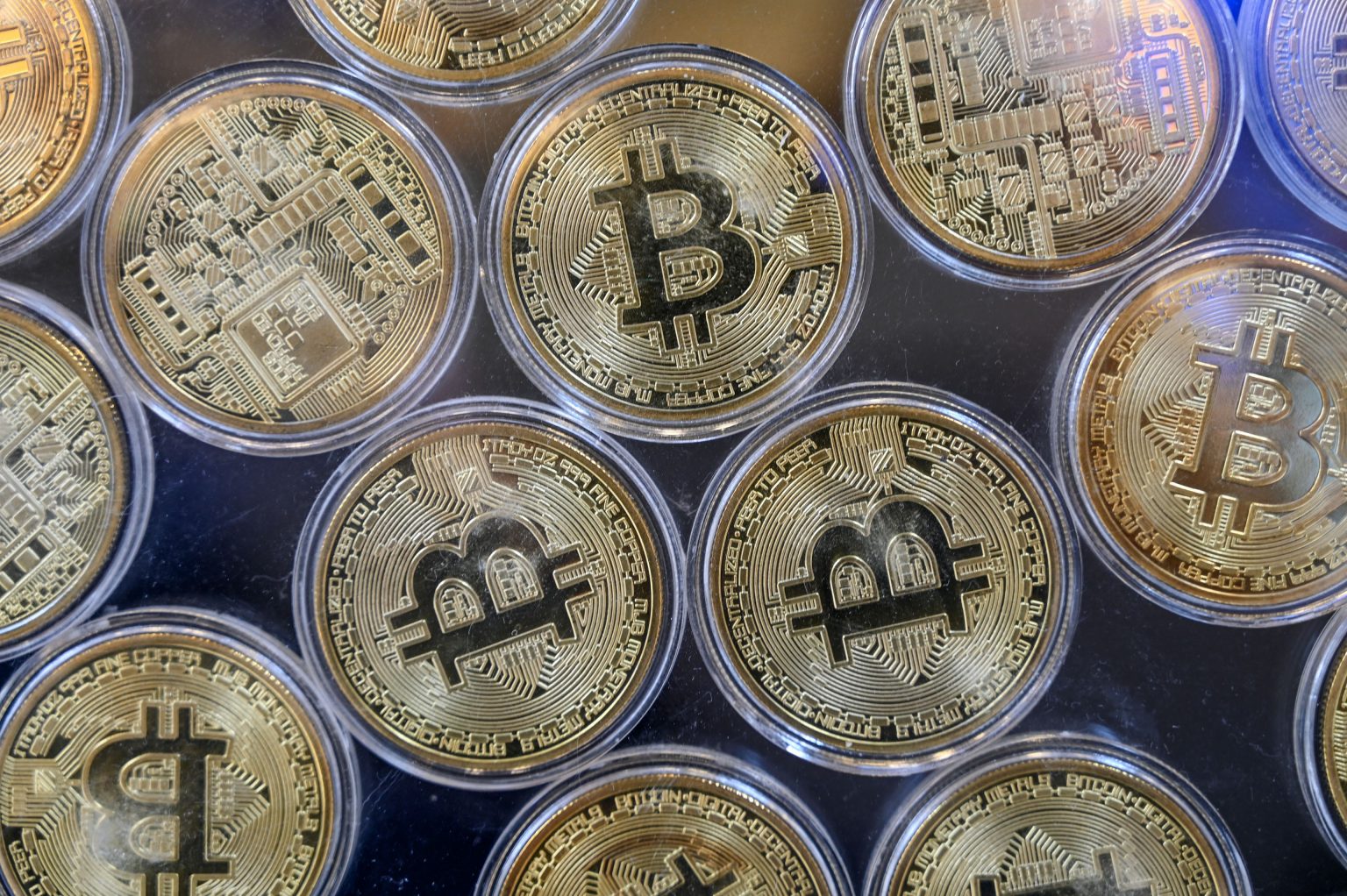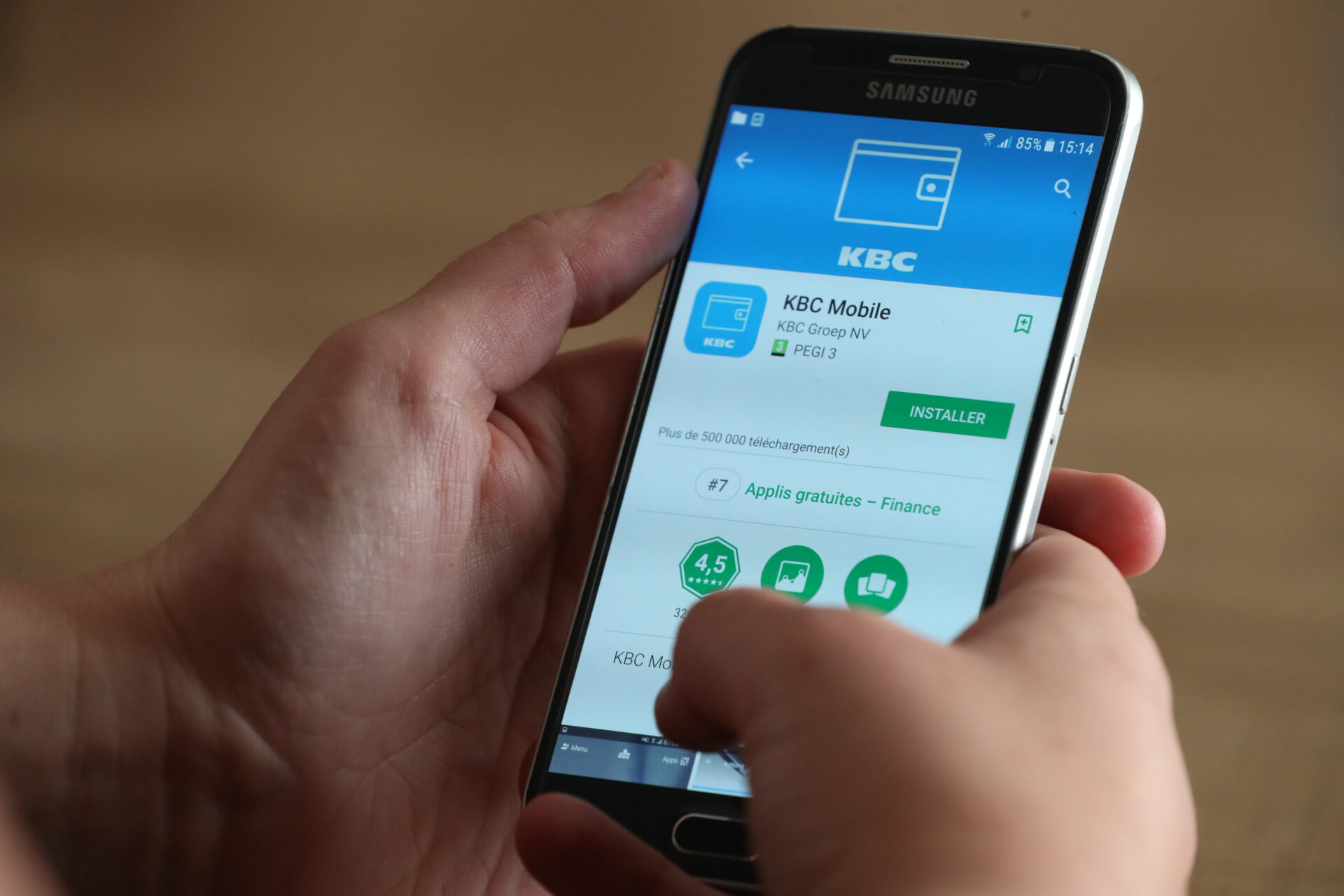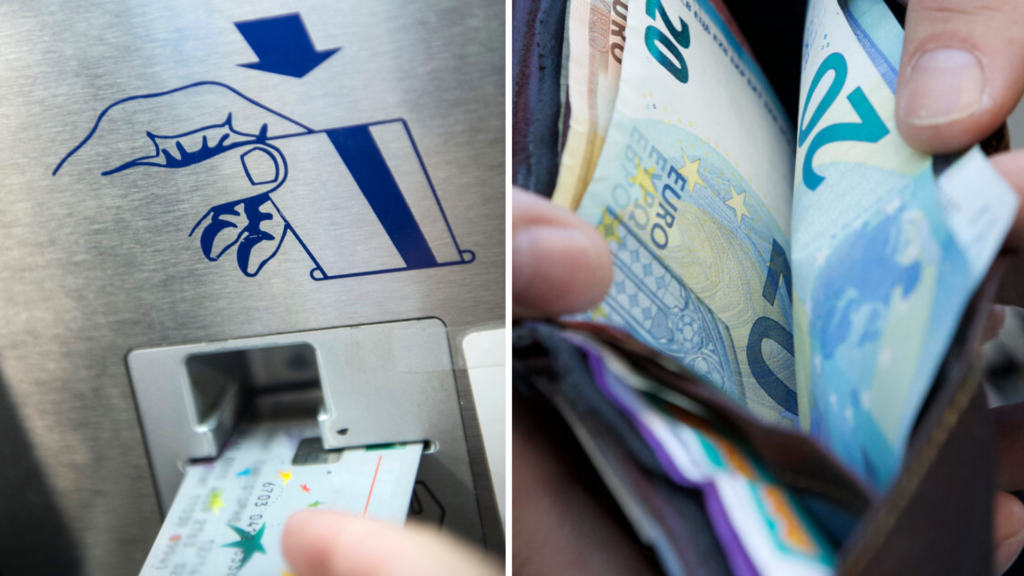Europeans may soon have access to an electronic equivalent to cash when shopping or repaying a friend, called the digital euro. But why does Europe need another currency? And how will it work?
The eurozone lacks a digital payment option covering the entire area. Combined with a drop in cash flow, European central banks see a solution in the form of a digital euro. This free electronic payment option would be accepted in all eurozone countries, complementing existing options.
"People use two different forms of money: central bank and commercial bank money," the Director of Economic Studies at the IESEG School of Management, Eric Dor, told The Brussels Times. Banknotes and coins are central bank money, while commercial bank money sits in bank accounts.
"A digital euro would be an electronic form of cash and payments would be a transfer of central bank money."
What is the digital euro, and why do we need it?
The role of cash is diminishing, but because euros can be used across many countries, its usefulness is not. For some people, cash also offers a better overview of their payments, especially those who struggle with digitalisation.
Dor noted that this money is also safer. "Banknotes are legal claims on the central bank issuing them, and a central bank going broke is impossible. Commercial banks could go broke, making this money slightly less safe."
The digital euro will mimic the characteristics of cash: easily accessible, widely accepted, reliable and exchangeable anytime. "It would also be a claim on the central bank and therefore totally safe."
These euros will be electronically stored, making it easy to transfer a certain amount of central bank digital currency from one person to another. "They could even be transferred via Bluetooth without relying on the internet."
Different from digital banking?
A digital euro payment would be a transfer of central bank money, making it different from a payment with an existing electronic payment application like the new European mobile payment system WERO or Paypal. These are used for transfers of commercial bank money.
"In a world where people prefer electronic payments, the digital euro would provide an opportunity to carry out electronic means of payments that, contrary to commercial bank money, would be completely safe," Dor said.

Bitcoin. Credit: Belga
It also differs from cryptocurrencies like Bitcoin. "The digital euro would remain a true euro. On the contrary, bitcoin is its own unit of account, different from official currencies."
Threat to banks?
Some sceptics are concerned that the digital euro is about governments gaining control over payments. "But central banks have no interest in this. The anonymity of paying with cash could also apply here," the European Central Bank (ECB) said. It is working to avoid creating opportunities for money laundering and illegal transactions.
It also raises the question of how this affects commercial banks. "The impact on the sector cannot be underestimated," a spokesperson for the Federation of the Belgian Financial Sector (Febelfin), Isabelle Marchand, told The Brussels Times. "As a financial sector, we are looking at this critically." So far, Febelfin has been closely involved in the research.

Credit: Belga / Virginie Lefour
The sector does understand the ECB's intent. "But the added value of a retail digital euro for citizens is very limited."
If it is successful in practice, the prospect of losing clients' money could be alarming for banks. "But the ECB wants to avoid destabilising banks," Dor said. The amount of digital euros per citizen would therefore be capped.
"The idea is that the digital euros would replace a part of cash in current circulation." Bank notes would continue to be issued, giving people the choice between digital euros, banknotes, or both.
Next steps
The preparatory phase of the digital euro – involving tests and experiments – was launched in October 2023 and will last until October 2025. During this phase, the digital euro's introduction will be prepared, including finalising a regulation and choosing the necessary (IT) infrastructure providers.
"But the start of this phase does not mean that the digital euro will become a reality," said Marchand. The digital euro needs political backing to be born into existence. European politicians will decide on a bill, which the European Parliament and the European Council must agree to.
Once the legislative side is finalised, the ECB will decide if and when the digital euro will be launched. "When exactly this will happen and if it will happen is not yet known," Marchand concluded.

